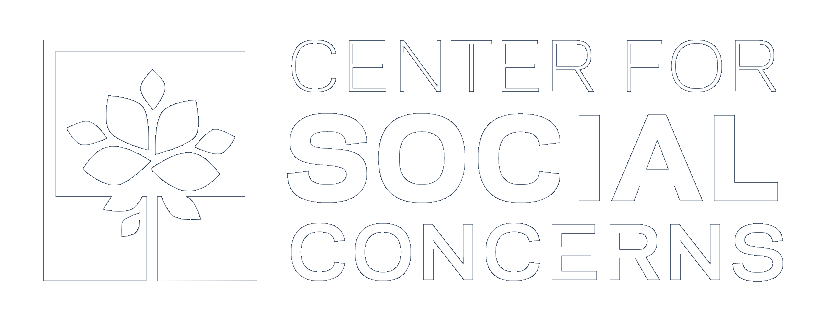When Smith alumna Jessica Vivar was a student and decided she wanted to pursue teaching, her parents asked her why she bothered to go to Smith if she just wanted to be a teacher and not one of the careers they imagined she might pursue, like doctor or lawyer or engineer. Vivar shares this story in her First Gen Out Loud video, part of a digital storytelling project that helps first-generation students at Smith articulate their stories through words and images.
“I know I won’t be what you would have wanted me to be,” she says. “But when I am working with children or helping with homework or teaching in front of students, I feel full.”
First Gen Out Loud is one of many programs in the Smith College Narratives Project. The Narratives Project encourages students to deepen their knowledge of themselves, explore their passions and personal capacities, and articulate their values and goals. Using both curricular and co-curricular cohort experiences, students write, talk and make videos in order to find meaning, reflect on identity, build a sense of belonging and practice leadership.
“The idea behind the name was there are many narratives we can tell about ourselves, and that our narratives and identities are intersectional and contextual and evolve over time,” said Jessica Bacal, Director of Reflective and Integrative Practices and The Narratives Project at Smith College.
Through the process of reflecting on their stories, students learn to articulate values that are central to their identities, and to consider questions of purpose.
Vivar connects her sense of purpose in teaching to the determination she witnessed in her parents growing up, and explains to her parents how the adult students she teaches remind her of them.
In her First Gen Out Loud video, Andrea Olivera also reflects on the influence of family, explaining how instrumental her mother has been to her decision to become a scientist even though people generally picture scientists as white men.
“Growing up I can remember my mother encouraging my curiosity,” she says. “With the persistence my mother nurtured, I am where I am today, working diligently to fuel my curiosity with the hope that someday I will be the scientist that people around the world will draw.”
The Narratives Project also engaged a group of international students in digital storytelling through the My Global Story project.
“In First Gen Out Loud and the digital storytelling workshop with international students, the aim is to help students reflect on who they are in a non-graded context,” Bacal said. “So often they have worked so hard to get to Smith and then they have worked so hard since arriving at Smith that they haven’t taken time to reflect on who they are and what is most important to them and how they have changed.”
The Narratives Project started in 2006 with a program to help juniors and seniors grapple with the uncertainty that is present towards the end of college. In addition to having helped to start First Gen Out Loud and the My Global Story projects, the program helped to spearhead a writing group for students with disabilities and a semester-long course that combines elements of Stanford University’s Designing Your Life program with other reflective exercises and practices. The course encourages students in all years to consider what college is for, and works with juniors and seniors to ask questions about meaningful work after college.
“A really important part of it is having this community where students can offer each other feedback,” Bacal said. “Class conversations are generative. I think that’s why it is important for students to be together doing this work. They feed off the energy of each other.”
The Narratives Project creates community during the process of storytelling, and then students continue to build connections beyond themselves even as they articulate who they are as individuals.
“I know you didn’t have the opportunity to study, but that’s why I’m here,” Vivar says to her parents in her First Gen Story. “I’m studying for all of us.”



